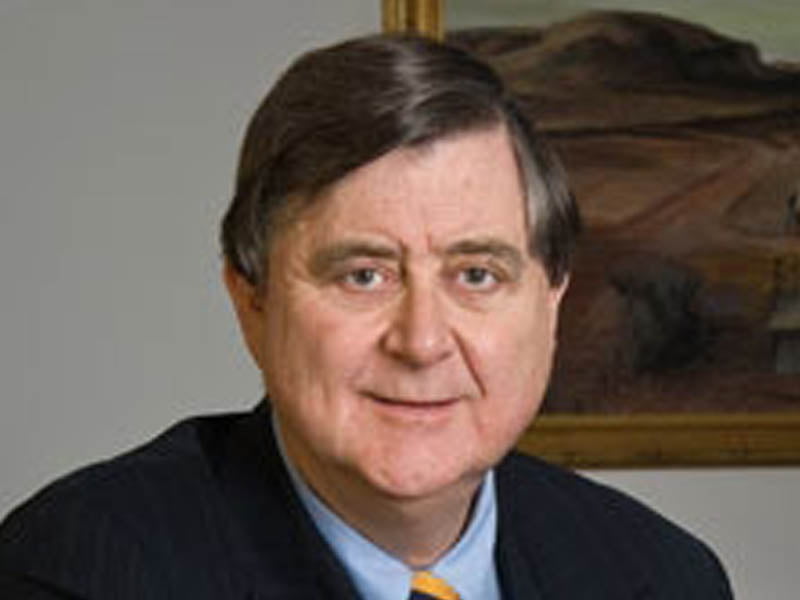It’s only two years since the federal government launched its cyber security strategy, but the nation’s former spy chief David Irvine says Australia is well on the way to developing its own sustainable cyber ecosystem.
As chairman of the Australian Cyber Security Research Institute (ACSRI), Mr Irvine says the supporting infrastructure was now largely in place, cyber awareness had never been stronger, and the sector was attracting more than its share of interest from researchers and entrepreneurs seeking to capitalise on emerging opportunities in the cyber sphere.
ACSRI was awarded $50 million over seven years to build an industry-led CyberCRC, and has brought an additional $80 million in cash and in-kind support for the venture from 25 government, business and academic partners.

Mr Irvine says the race is now on to build an indigenous cyber capability – that is a national capability – that not only locks down Australian economic and security interests, but produces new and successful cyber businesses.
With a Prime Minister who is both cyber literate and understands the market opportunity, Mr Irvine says it is up to the cyber sector to make hay while the sun shines.
“It is hugely important that we take advantage of a government that is deeply sensitised to the [issues] of cyber security and just get on with it,” he said.
ACSRI was awarded funded for the CRC late last year, with the CyberCRC formally opened – based out of Edith Cowan University in Perth earlier this month.
The effort is industry-led for the sole reason of getting the nation’s top researcher working on the real-world needs of industry.
This focus on cyber research is designed to produce a simple set of killer outcomes. The better-targeted research and development projects would create intellectual property with a maximum potential for commercialisation.
The better targeted research would also have the effect of producing a next generation of PhD’s and MA’s and other qualified researchers that then lead the next industry push.
“This is not a research program that relies only on academics to dream up nice subjects to conduct research into,” Mr Irvine told the Australian Cyber Security Conference last week. “This has got to be a program that responds to the needs of the industry.”
“We want to embed our scholars and our researcher into the industries themselves. We want them out of the universities.”
As the government’s Director General of Security as head of ASIO (and before than the DG of the Australian Secret Intelligence Service) Mr Irvine said he had started his interest in cyber looking at state-based attacks.
“But it became very clear that the same tools and the same techniques that are available to nation states to spy on each other or sabotage each other are also available to non-state actors, he said.
The result is that “cybercrime is now growing out-of-hand.”
Mr Irvine says cybercrime was estimated to cost the world economy $400 million 2015. That number will have grown to $2.1 trillion by next year and on current projections to more than $6 trillion in the early 2020’s.
That’s a whole lot of risk and opportunity.
Do you know more? Contact James Riley via Email.

